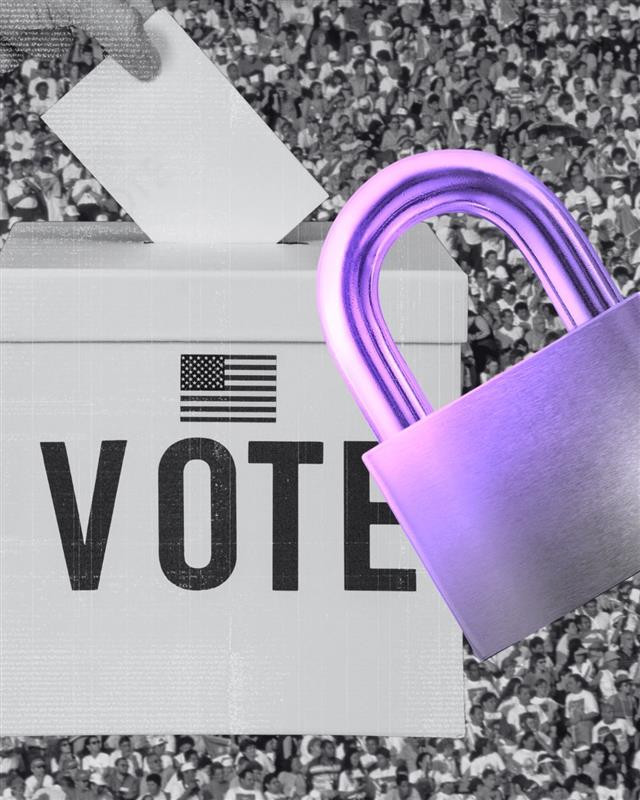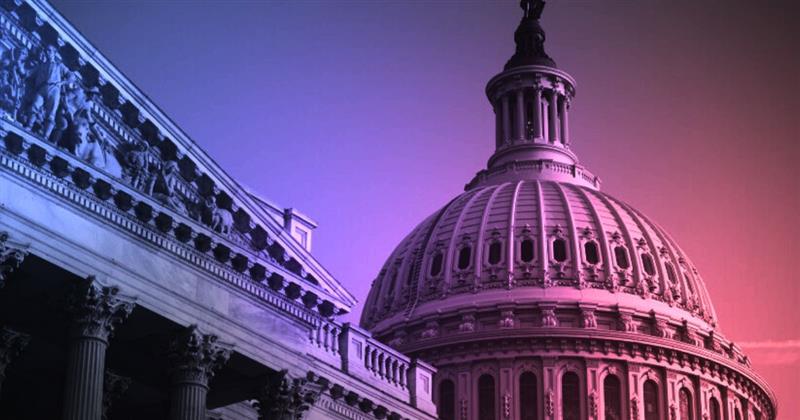Both parties are missing independent voters, who now want real change over theatrics.
Across the country, a quiet revolution is reshaping American politics. A recent focus group study of voters aged 18–44 reveals a powerful trend: more Americans are rejecting partisan labels and identifying as independents. This isn’t just a political shift—it’s a cultural one, rooted in a desire to modernize the American Dream.
Why Are So Many Americans Becoming Independent?
Over the past two decades, the number of Americans identifying as independent has grown by 130%, now representing nearly 45% of the electorate. What’s driving this surge?
Participants in the study cited broken promises, partisan gridlock, and a sense that neither party truly represents their values. As one participant put it:
“They just kind of kick issues back and forth so they don’t have to actually resolve them.” – Karlie, 33
This disillusionment is not apathy—it’s a call for something better. It’s a demand for affordability, opportunity, and optimism in a system that feels increasingly out of touch.
Modernizing the American Dream
The traditional American Dream—owning a home, raising a family, retiring comfortably—is being reimagined by a new generation. Today’s voters want a dream that reflects economic reality, not nostalgia.
“I want someone who looks out for the benefits of all Americans, not just Republicans, not just Democrats, but everybody.” – William, 30
This vision of the American Dream is inclusive, pragmatic, and deeply personal. It’s about being able to afford a home, access healthcare, and build a future without being boxed in by party politics.
From Party Loyalty to Personal Values
Many participants described a political journey that began with party affiliation but evolved into independent thinking. They’re not abandoning politics—they’re engaging more deeply, doing their own research, and voting based on issues, not party lines.
“I became more independent just based on my own research.” – William, 30
“I’m just gonna take the good from both parties and vote based on the issues that matter to me.” – Dina, 44
This shift reflects a broader cultural trend: Americans want freedom from rigid political identities. They want to vote for candidates who reflect their values—not just their party.
The Systemic Challenge
Despite this growing desire for independence, participants acknowledged the structural barriers that make it hard for independent candidates to succeed. From funding disadvantages to media access, the two-party system is designed to protect itself.
“It creates a monopoly in terms of political alignment.” – Karlie, 33
“They don’t want someone with an unbiased opinion—they want someone to push the agenda.” – William, 30
Still, the desire for change is strong. Many believe that authentic, independent voices can break through if voters demand it.
A National Movement
What’s striking is the consistency of these views across geographic regions. Whether from urban centers or rural communities, participants shared the same frustrations—and the same hopes.
This isn’t a coastal or heartland issue. It’s a national movement to reclaim the American Dream and make it work for everyone.
Optimism in Action
Despite their frustrations, participants expressed optimism. They believe in the power of civic engagement and the potential for change. They’re not waiting for permission—they’re declaring independence and demanding a better future.
At the Independent Center, we believe this is the future of American politics: a movement led by independent thinkers who are modernizing the American Dream and redefining what it means to be politically engaged.


.jpeg)


.jpg)